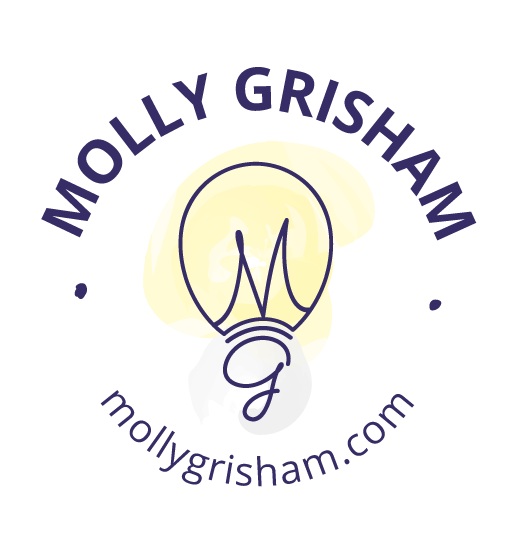I Didn't Trust Myself
“I am just so sick of all the questions! She doesn’t trust me. Every time I make a decision or announce a new policy, she shows up with her list of endless questions!”
And how does that make you feel?
“It’s exhausting! I swear, I have done everything to earn her trust. I make sure my words and actions align, my decisions match our corporate values, and I have always told her the truth. She makes me second-guess everything!”
That does sound exhausting.
“Yeah, she is like a toddler, always asking me “why?” I wish she would trust me!”
This scenario may hit home for you. Maybe someone in your life asks a lot of questions, and as a result, you feel like they don’t trust you.
I often hear this scenario from leaders with younger team members, people fresh out of college, or individuals new to the workforce. Many leaders feel that their endless questions come from a place of entitlement. It's as if the new employees are asking leaders to prove themselves, which is certainly exhausting in leadership.
I want to give you a different perspective on what might be at play, which I recently experienced firsthand.
When I think about trust in leadership, I divide it into two categories: Is the leader trustworthy, and is the follower trust-willing? I know for trust to exist, both elements must be present. Without those two things, it will be difficult to establish trust.
I once worked with a guy who didn’t trust me, which was a heavy burden for me. I tried hard to prove myself and earn his trust. I kept my word and was intentional in every interaction with him, but I couldn’t seem to gain his trust. Then, one day, while at a work social event, he proudly shared, “I don’t trust anyone! People cannot be trusted!”
At that moment, I realized it wasn’t me; it was him. He wasn’t trust-willing.
However, there may be a third element we need to consider.
In my adult life, I have driven from St. Louis to Nashville and back more times than I care to count! I do not need my GPS for that trip. I know that route by heart. But sometimes, I put the city into my GPS to track how much time I have left on my drive.
Recently, I was driving to Nashville. I knew I would take an exit in a few miles and stay on that road for about 100 miles, but my GPS caught my eye. It told me to take the next exit and drive one mile out of my way to get onto the next highway.
This made no sense! I zoomed out on my GPS and saw no logical reason to add a mile to my trip. There were no red or yellow lines signaling a traffic jam, no signs of road construction, and no explanation for why I should take this detour. So, I ignored it and made my way to the exit.
As I got closer, I noticed an issue: the exit was gone—literally gone. There was a massive orange barricade where the exit used to be.
I looked at my GPS and discovered that I now needed to take a ten-mile loop to reach the next highway. If only I had trusted my GPS.
But here is the truth: I do trust my GPS. However, at that moment, I didn’t trust myself. I needed more information, and I worried I would make a mistake. I feared beating myself up for taking a one-mile detour or being embarrassed for making that decision. If my GPS had given me more information, I would have been comfortable trusting myself.
Is this at play when people question us? Maybe it isn’t that they don’t trust us, but rather that they don’t trust themselves to place their trust in us.
This makes sense when I think about young people new to the workforce. Many of them have parents who have done so much for them that they haven’t had the opportunity to develop the skill of self-trust. How would they know they can trust themselves to be trust-willing if they have never done this before?
The next time you are in a situation where trust feels absent, ask yourself if you are trustworthy, if the other person is trust-willing, and if they have developed the skill of self-trust. If they lack the self-trust, you may need to give them more information.
Knowing which issue you are dealing with helps you predict if you are about to take a one-mile or a ten-mile detour.
Take the time to give people a little more information, and you may find yourself on the road to a relationship filled with trust.
Get your “Lightbulb Moments!” Your email arrives every other Wednesday filled with insights I ONLY share with my private clients … and YOU!
